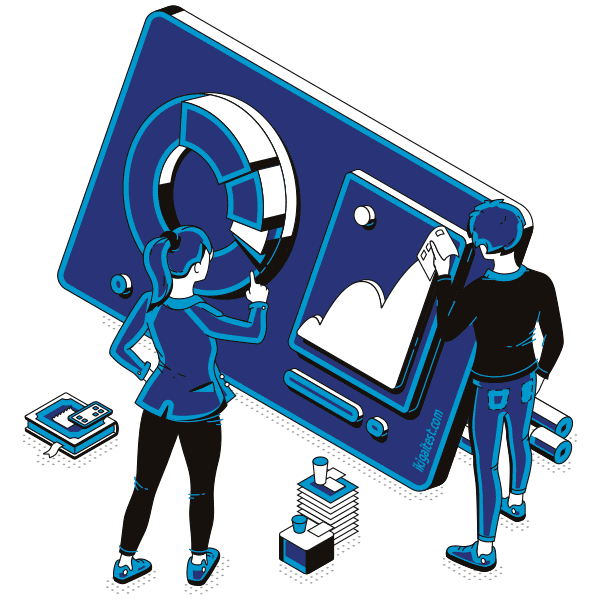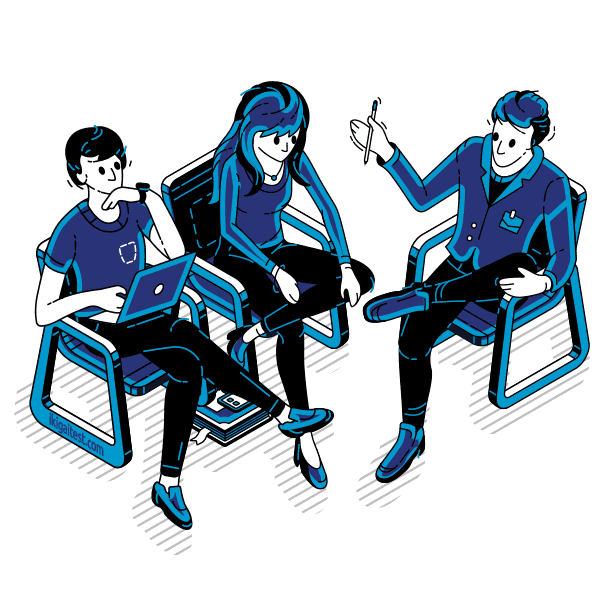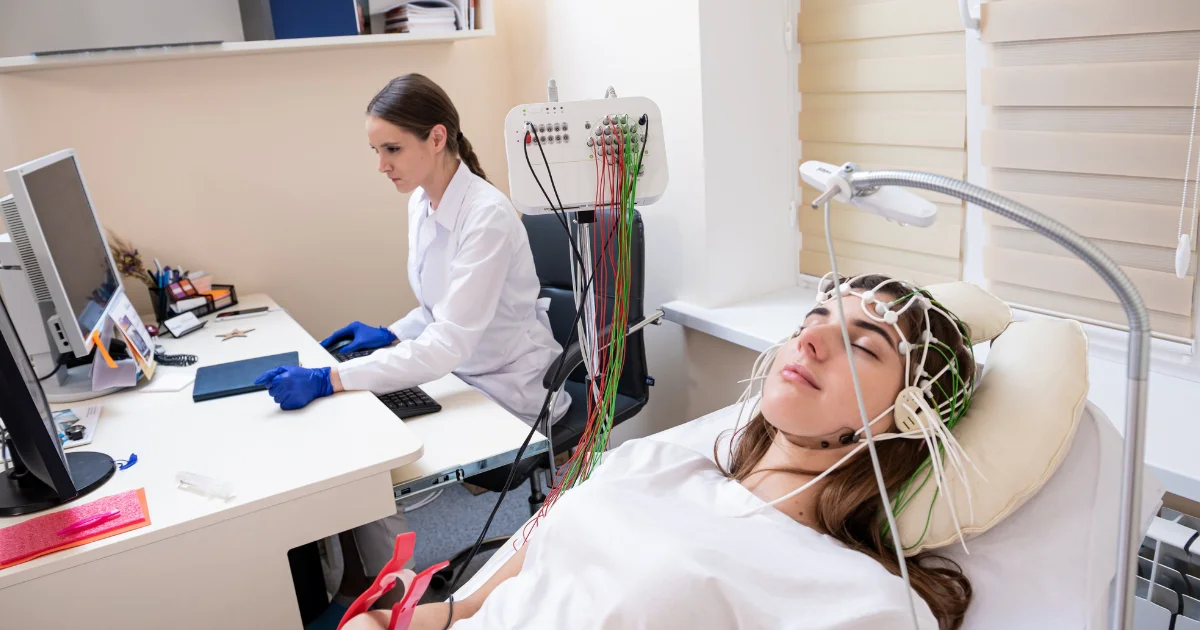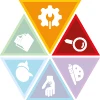Supervisor

Any supervisor should excel at:
- Monitoring and reviewing information from materials, events, or the environment.
- Detecting or assessing problems whether real or potential.
- Monitoring and controlling resources and overseeing the spending of money.
Mediator

Mediators should be capable of:
- Providing personal assistance, medical attention, emotional support, or other personal care to others such as coworkers, customers, or patients.
- Developing constructive and cooperative working relationships with others, and maintaining them over time.
- Performing for people or dealing directly with the public. This includes serving customers in restaurants and stores, and receiving clients or guests.
- Handling complaints, settling disputes, and resolving grievances and conflicts, or otherwise negotiating with others.
Other work activities related to Neurodiagnostic technologists
- Attaching electrodes to patients using adhesives.
- Summarizing technical data to assisting physicians for diagnosing brain, sleep, or nervous system disorders.
- Conducting tests or studies such as electroencephalography (EEG), polysomnography (PSG), nerve conduction studies (NCS), electromyography (EMG), and intraoperative monitoring (IOM).
- Calibrating, troubleshooting, or repairing equipment and correcting malfunctions as needed.
- Conducting tests for determining cerebral death, the absence of brain activity, or the probability of recovery from a coma.
- Measuring visual, auditory, or somatosensory evoked potentials (eps) for determining responses to stimuli.
- Measuring patients’ body parts and marking locations where electrodes are to be placed.
- Monitoring patients during tests or surgeries, using electroencephalographs (EEG), evoked potential (EP) instruments, or video recording equipment.
- Setting up, programming, or recording montages or electrical combinations when testing peripheral nerve, spinal cord, subcortical, or cortical responses.







